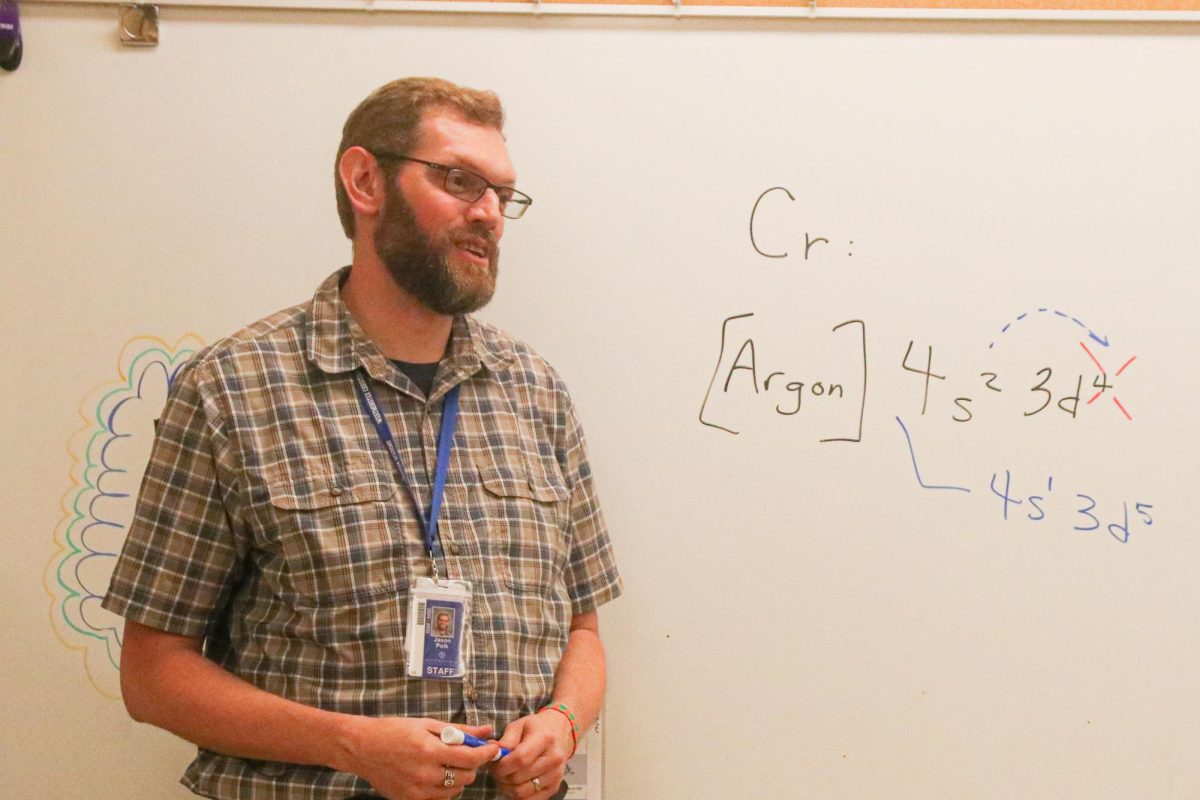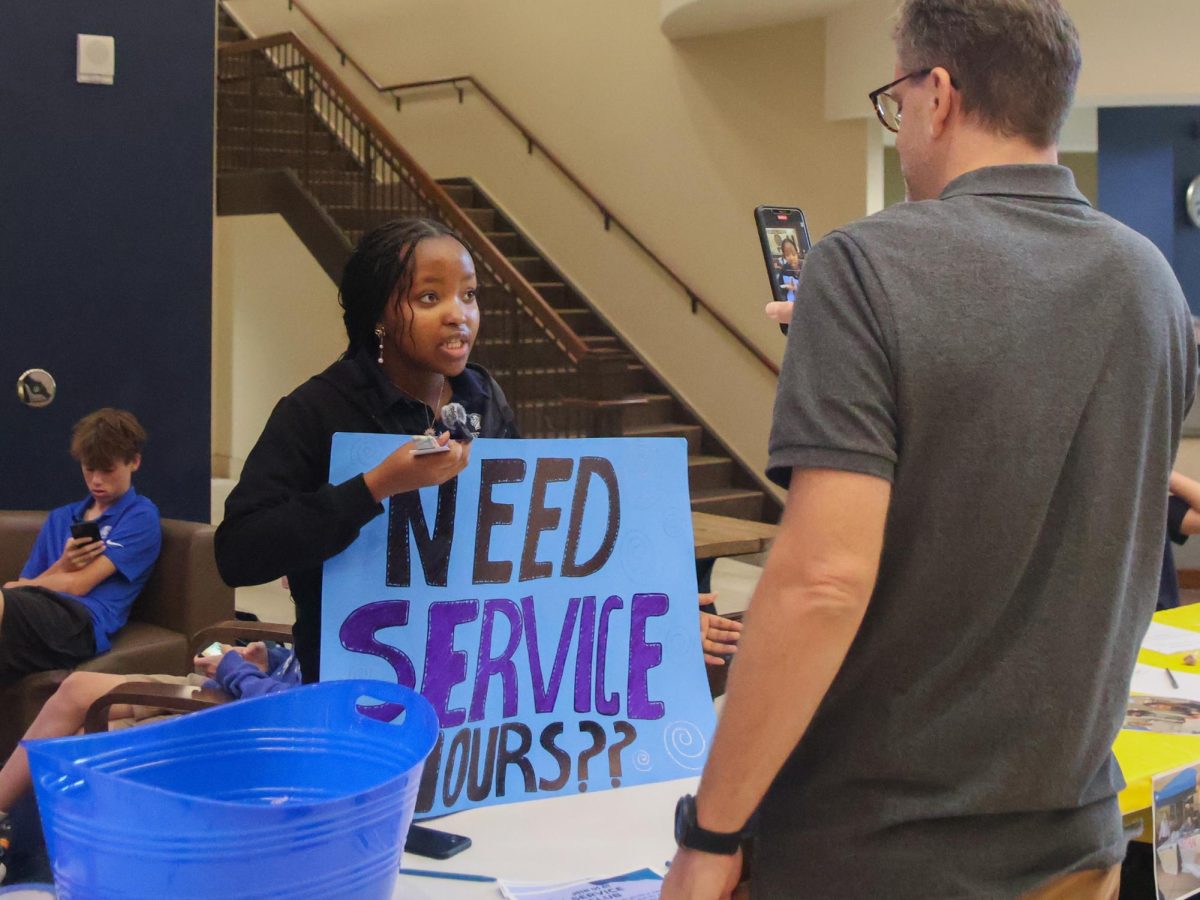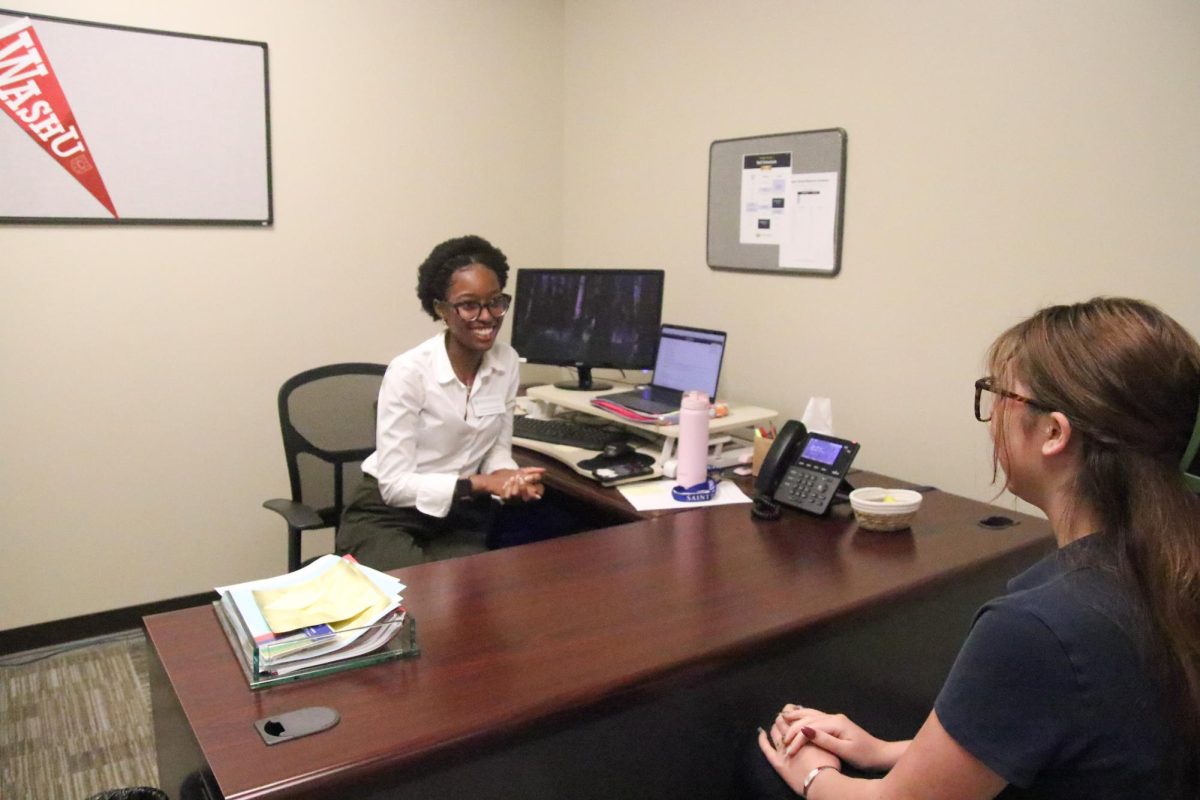Jason Polk is one of our many new staff members this year, taking on the part-time position of teaching Upper School Chemistry. However, Polk has had an unusual journey in getting to where he is now. For over twelve years, his family has lived in the heart of Ethiopia, right in the capital city of Addis Ababa, serving in the missions field. He and his wife, Liz, have four children, including two sons enrolled at Westminster and two younger daughters. He studied theology and science in college, and has the title reverend as well as teacher.
Polk and his wife had been thinking about moving internationally for years before finally feeling called to pursue that dream in 2009. After much prayer and research, they felt called to go to a place where he could pastor and she would be able to continue her job as a social worker. However, there were requirements that they were looking for in regards to the missions field beyond their occupations.
Polk describes that they “were looking for someplace that was working with the local church and with communities that had needs, including issues of poverty. We were looking for a place that had a high level of shared leadership between the national staff and the missionary staff that were there, and the team in Ethiopia checked all of those boxes for us.”
Although the move to Addis Ababa was successful, the Polk family found it difficult to adjust to the new culture. Ethiopian culture is very different from American, and having to learn a new language and way of life was very taxing.
Polk explains how “Amharic, the language they speak, is very hard for English speakers to learn, so I would say we were conversational within our first year, but in terms of growing and being able to use the conversation well, we never really stopped. In general, I would say it takes about two years to feel settled in a new culture, but about seven for it to feel like home.”
The change in culture between Ethiopia and America is one that the family has noticed since moving back to the states in May. A major difference they have had to adjust to is the pace of life. Whereas the day moves slowly there, our American pace of life is very fast, and adjusting back into that has been hard for their family. Another difference is one both Polk and his freshman son at Westminster, Nathan, mention, and that is the matter of hospitality.
Nathan says that “people here don’t invite others over to their homes as much. In Ethiopia, we would have people over to our house four or five times a week, but some people we’ve had over here have said that it’s been years since they’ve been invited to a meal. And here, these meetings might only last for an hour or two, but back there, a lunch plan would last about six hours.”
Polk’s journey before Westminster has been long and complex, and he and his family have gone through many challenging circumstances to get to where they are now. However, Polk states that he “had a really strong feeling” that he should apply for Westminster, and that it really “felt like the right fit.” The school community and student body can now be excited for the addition of a teacher with such a unique background.









